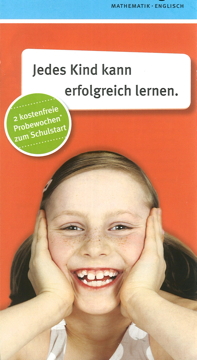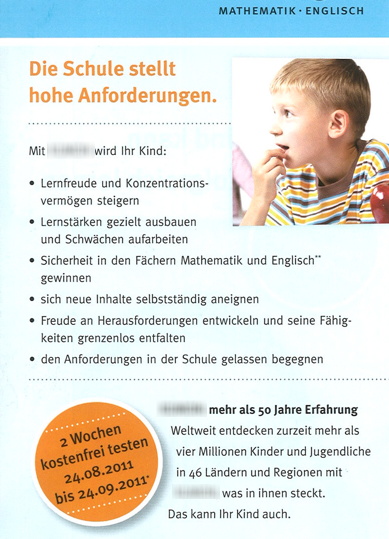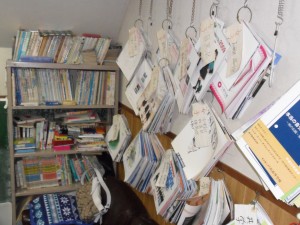In today’s Globe and Mail Mark Mackinnon had a folio about primary and secondary education in Shanghai. This piece basically started with last year’s PISA results where Shanghai students scored highest among comparison “countries” to tell a story of a narrow focus on exams and test-taking. While the article describes the situation in Shanghai well and fills this description out with some interested quotes from officials, the situation in Shanghai as it is described will be quite familiar to readers from other hypereducation societies.
This also confirms my long-standing prediction that China is quickly headed to hypereducation on a national and thus massive scale.
One element in Mark’s article that I noticed was that he wrote that “In faraway North America, there was the usual handwringing that children there are falling further behind studious (and numerous) Asian kids.” I would contend that at least for Canada there was relatively little of that handwringing in part because participating Canadian provinces consistently do well on PISA and similar comparative standardized tests. This seems to have given the Canadian public a certain self-confidence that borders on the self-satisfied when it comes to the discussion of education elsewhere.
The other element I noticed in the article was that Mark didn’t mention the doubts about the results from Shanghai in last year’s PISA. PISA results have been subject to extensive methodological scrutiny in almost all participating jurisdictions. Some commentators suspect that some of the test-to-test improvements in students’ achievement are primarily the result of gaming the test system on the part of education authorities rather than of substantive improvements, especially when no policy changes have been implemented between test iterations.
One obvious methodological challenge with the Shanghai results is that these compare students in a single city (and one that can be assumed to be particularly resource-rich and filled with ambitious parents compared to the national Chinese average) to entire countries. This is also true of Hong Kong and Singapore results, of course, but brings with many fewer sources of variation in achievement through rural-urban inequalities, etc.
The Shanghai results in some ways seem so outlandish that it’s difficult not to doubt their veracity. 600 on math when the next closest score is 562 (Singapore) and other point differentials tend to be in the single digits between countries? Hm…
Finally, I couldn’t help but notice that Mark repeated the OECD’s claim that 80% of Shanghai students attend supplementary education. Little further information has emerged about this claim, though I suspect that most of it is in the form of private, one-on-one tutoring, but there have been numerous discussions about the pressure that this exerts on all Shanghai students. This, of course, will once again be familiar to parents and observers of many other hypereducation societies.




